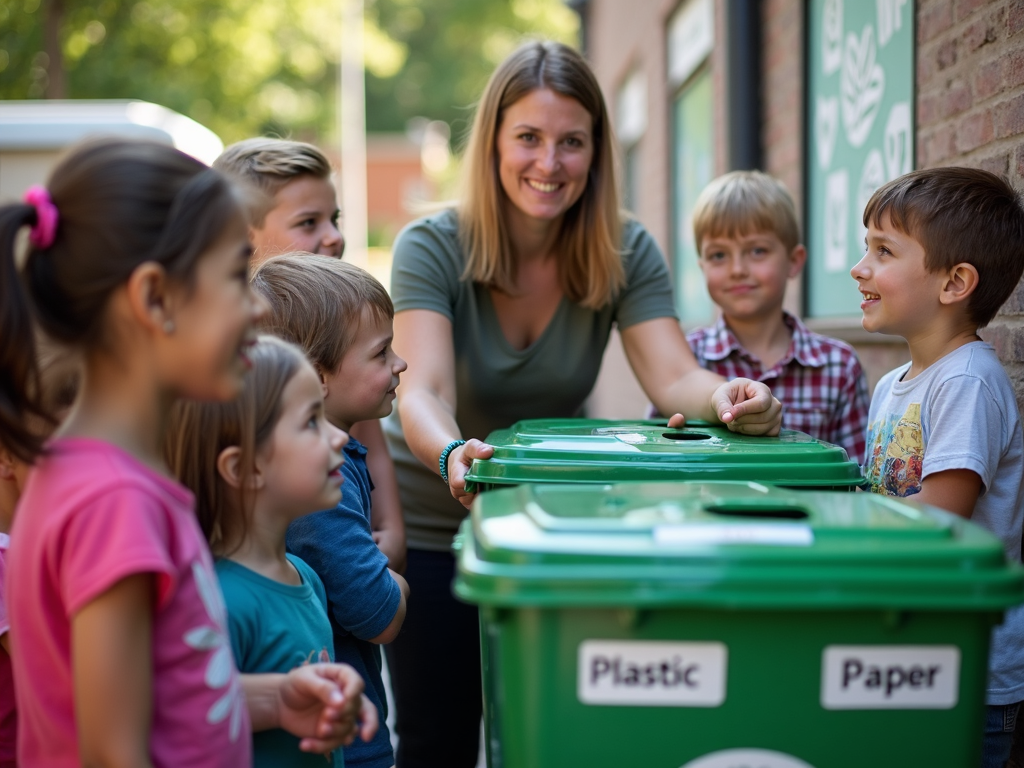Volunteering for Change: A Beginner’s Guide
By , June 24, 2025
Volunteering is a powerful way to create change in your community and beyond. Whether you care about the environment, social justice, or helping others, there’s a role for you. This guide, Volunteering for Change: A Beginner’s Guide, walks you through starting your journey. You’ll find practical tips, best practices in advocacy volunteering, and ideas to make your efforts count.

Why Volunteer?
Volunteering does more than just help others—it helps you too. You get to support causes you love, meet new people, and learn skills. Many say it changes their lives. For example, a volunteer might start by picking up trash in a park and end up leading a cleanup campaign. Plus, it looks great on a resume. Employers like seeing that you care about your community.
But it’s not just about you. Your work can spark real change. Advocacy volunteering, where you push for bigger solutions, amplifies this. Think about speaking up for cleaner rivers or fairer laws—your voice matters.

Finding the Right Opportunity
Not sure where to start? Look at what you enjoy. Love nature? Try environmental projects. Good with people? Help at a shelter. Ask yourself:
- What issues do I care about?
- How much time can I give?
- Do I like hands-on tasks or planning?
Then, search online. Sites like VolunteerMatch list tons of options.
Talk to organizations too. Ask what they need and how you fit. A good match means you’ll stick with it longer and feel better about your work.

Preparing for Your Volunteering Experience
Preparation sets you up to succeed. Research the group you’re joining. What’s their mission? What will you do? If you’re cleaning a beach, bring sunscreen and a hat. For advocacy, practice what you’ll say. Showing up ready builds confidence and shows you’re serious.
Reach out ahead of time. Ask questions like, ‘What should I bring?’ or ‘Is training provided?’ This saves surprises and helps you contribute right away.

Making the Most of Your Time
Don’t just show up—dive in. Ask how you can help more. Share ideas if you see a better way. For example, if you’re at a food drive, suggest a new drop-off spot. Being active keeps you engaged and inspires others.
Track your hours and impact too. Did you serve 50 meals? Plant 20 trees? Knowing your contribution feels good and keeps you motivated.

Overcoming Challenges
Volunteering isn’t always easy. You might feel tired or wonder if you’re helping enough. That’s normal. Take breaks when you need them. Talk to other volunteers—they’ve been there too. One person I know felt overwhelmed at a shelter but found strength by focusing on one family they helped.
If burnout hits, step back. It’s better to rest and return fresh than push too hard and quit. Small steps still move the needle.

The Impact of Volunteering
Your work creates ripples. A single day of volunteering can fix a playground or feed dozens. Advocacy takes it further—your petition could change a law. I heard about a group who campaigned for safer streets and got crosswalks installed. That’s real change.
It inspires others too. Friends might join after seeing you. Over time, your efforts build a stronger, kinder community.
| Type of Volunteering | What You Do | Skills You Need | Time Commitment |
|---|---|---|---|
| Environmental | Plant trees, clean rivers | Love of outdoors | A few hours |
| Social Services | Serve food, tutor kids | Kindness, patience | Weekly shifts |
| Advocacy | Write letters, rally | Speaking, organizing | Varies |
This table shows options to match your style.
Final Thoughts
Volunteering for change is about taking action. Start small, prepare well, and stay committed. Whether you’re a beginner or seasoned volunteer, every step counts. Use this guide to kick off your journey and watch how your efforts grow into something big.